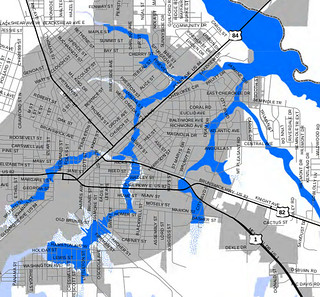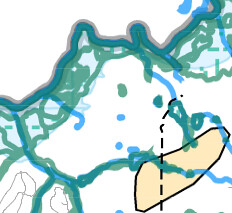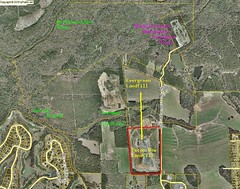Spectra flip-flops on major safety events as well as on whose houses are beautiful and whether Georgia cities can use gas from its pipeline from PCB-polluted Anniston, Alabama to Orlando, Florida. And Spectra was fined recently for violating both federal safety requirements and its own operating procedures, including for pipeline monitoring. Oh, and its natural gas comes from fracking.
Remember Spectra rep Andrea Grover,
quoted by the VDT?
Well, she’s been quoted elsewhere, too.
 Mike Benard wrote for
CSRHUB 5 April 2013,
Spectra Energy ‘Backtracks’ on Methane Incident:
First: “Nothing Released …. No Smoke …. No Incident”;
Then Admits: Methane & Hydrocarbons Released,
Mike Benard wrote for
CSRHUB 5 April 2013,
Spectra Energy ‘Backtracks’ on Methane Incident:
First: “Nothing Released …. No Smoke …. No Incident”;
Then Admits: Methane & Hydrocarbons Released,
Spectra Energy Corporation (SE, NYSE) was forced to backtrack on dismissive assertions it made about a nighttime incident at its huge natural gas compressor station in Bedford County, PA, after persistent neighbors and a reporter kept pressing the company and state regulators for facts.
A natural gas compressor station, like the ones Spectra says will be along its proposed AL-GA-FL pipeline, maybe in Dougherty County, maybe in Lowndes County; we don’t know.
Now Spectra could say this was a different kind of compressor because it’s a different kind of operation in Pennsylvania. What kind? Fracking: Continue reading











